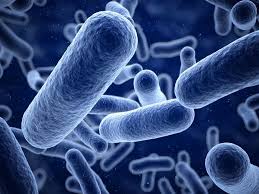A University of California, Riverside (UCR) environmental engineering team has discovered a kind of bacterium that can degrade several PFAS compounds that are frequently used in waterproof shoes and apparel. PFAS, sometimes referred to as “forever chemicals,” are difficult to break down due to their strong carbon-fluorine linkages and have been connected to cancer and other health problems.
Scientists have identified a possible way to degrade PFAS chemicals. Acetobacterium bacteria are primarily found in wastewater environments. They are capable of breaking down chemical structures and carbon-fluorine bonds.
According to Yujie Men, an associate professor at UCR’s Bourns College of Engineering, “this is the first known bacterium that can perform reductive defluorination of PFAS structures.” Men underlined that the only PFAS compounds on which these bacteria are active are unsaturated ones with double carbon-to-carbon bonds. Additionally, the research team determined which particular enzymes in the bacteria break the connections between carbon and fluoride. This finding may enable bioengineers to enhance these enzymes for use in the treatment of other PFAS chemicals.
The study demonstrated the effectiveness and cost-effectiveness of using microorganisms to degrade PFAS chemicals. Rather than treating the water industrially after it has reached wells, this method entails infusing bacteria with nutrients to help them develop and break down the chemicals before the water reaches wells.

